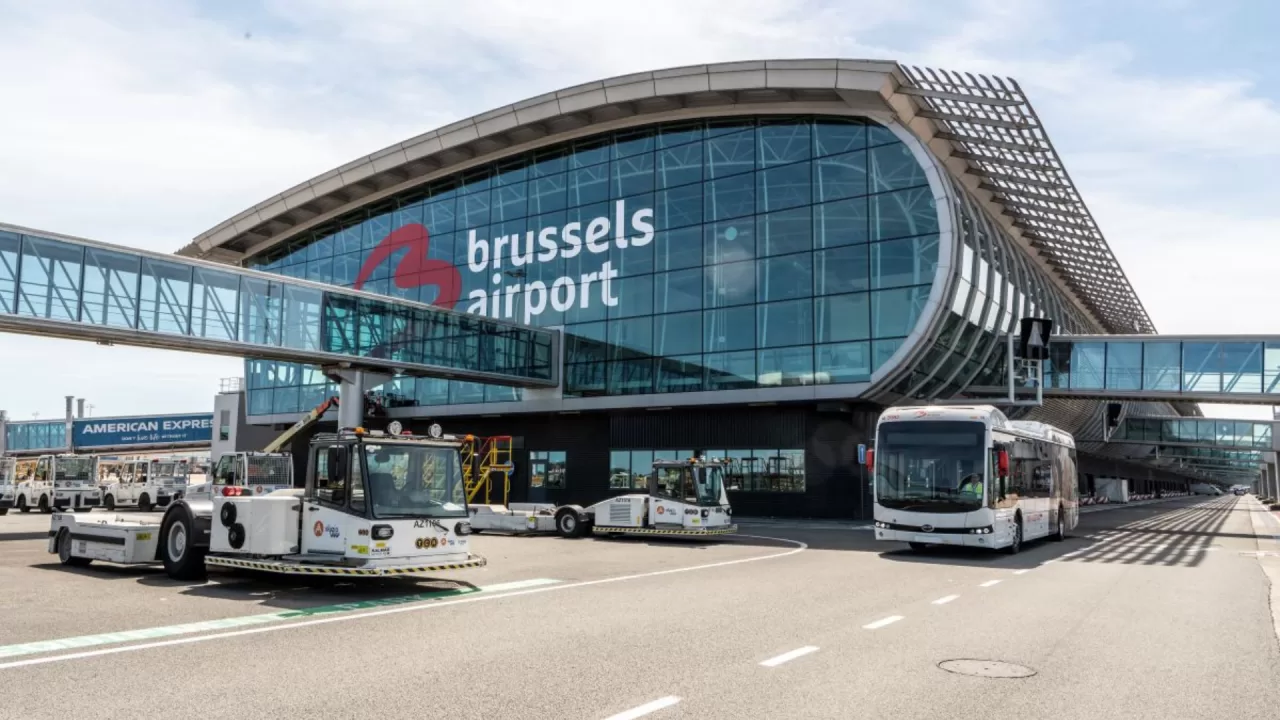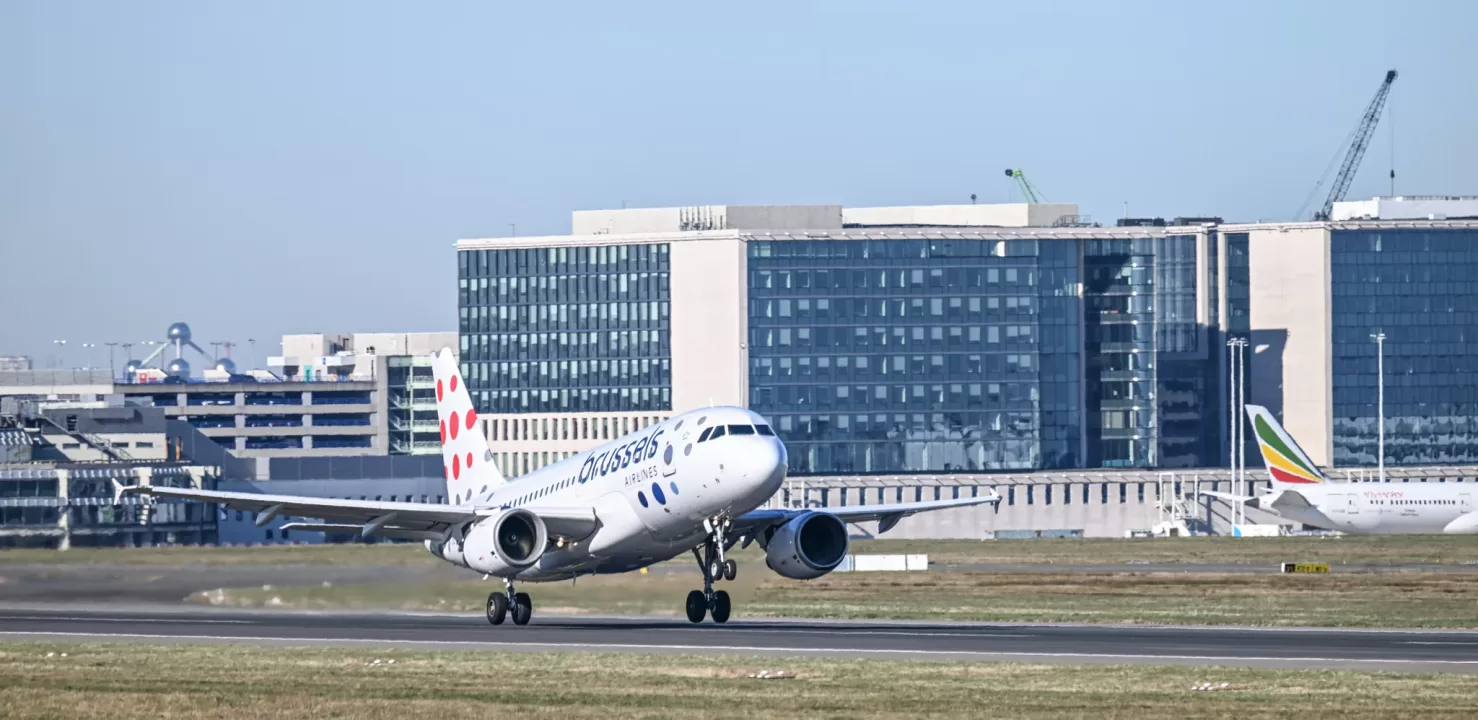A powerful nationwide strike in Belgium on April 29th has thrown European air travel into significant disarray, compelling major airlines such as Delta, Air Canada, United, British Airways, Qatar Airways, Ryanair, TAP Air Portugal, and SAS to ground hundreds of flights. The coordinated walkout by Belgian public and private sector workers, protesting government reforms on pensions, wages, and working conditions, has effectively crippled operations at Brussels Airport and Brussels South Charleroi Airport.

The impact of the strike extends far beyond Belgium’s borders, creating a domino effect of cancellations and delays across Europe. With airport staffing severely reduced and public transport networks paralyzed in Brussels, the ensuing chaos has stranded numerous travelers and overwhelmed airline rebooking systems. This widespread disruption marks one of the most severe air traffic meltdowns the continent has experienced so far in 2025, affecting both short-haul and long-haul carriers.

Brussels Airport in Zaventem reported over a hundred flight cancellations by midday, with Belgium’s national carrier, Brussels Airlines, bearing the brunt with a significant portion of its daily departures grounded. Budget airlines like Ryanair and Vueling, along with major international carriers such as British Airways, SAS, United, and Delta, were also forced to cancel numerous flights. While some airlines experienced delays, the overall situation remained fluid, with warnings of potential further cancellations.

Brussels South Charleroi Airport (CRL), a key hub for budget airlines, went even further, completely shutting down all departing flights for the day due to insufficient staffing to maintain safety standards. This resulted in over a hundred cancellations, primarily affecting Ryanair, the airport’s dominant operator. The national strike also severely impacted Brussels’ public transport, including trains, metro, trams, and buses, further complicating travel for those trying to reach the airports.

The ripple effects of Belgium’s strike are being felt across Europe, causing missed connections, altered itineraries, and congested alternative routes for passengers in major cities like Paris, Amsterdam, London, and Frankfurt. Airlines are scrambling to rebook passengers, but many face long wait times and unclear communication. While EU regulations may entitle passengers to compensation, the “extraordinary circumstances” of a nationwide strike might limit these claims. With labor unions hinting at further action, continued travel disruptions in Europe remain a distinct possibility.
